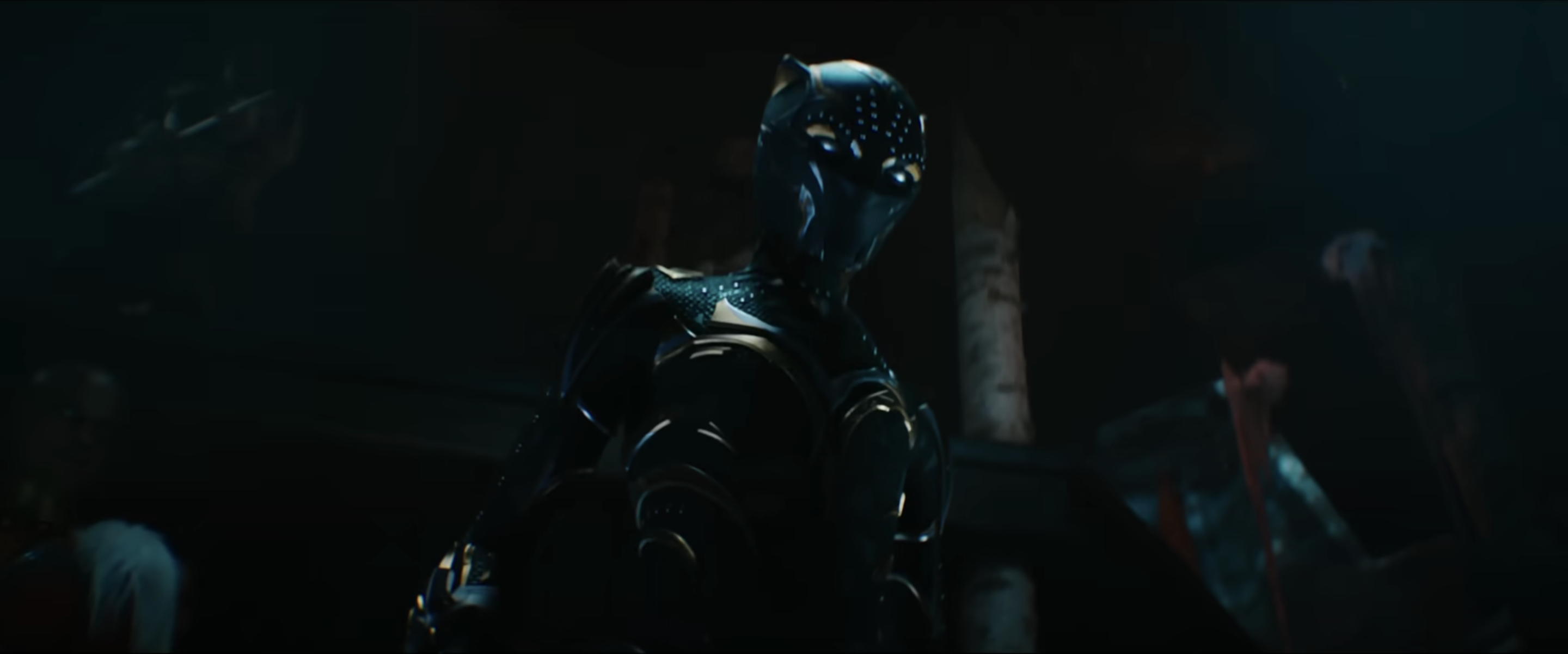Marvel once again made many communities feel represented with the recent release of Black Panther: Wakanda Forever.
“It’s very important to have representation because I believe that I can do big things if I see people like me do bigger things,” said Firaol Ayano, a 23-year-old who lives in Toronto and is a member of the Black community who watched the movie.
“As someone who loves Marvel it can be hard sometimes to relate to it if none of the characters look like me, it’s about giving empowerment to who you are and embracing your culture and where you come from,” she said.
Ayano said the film captured the culture in a beautiful way.
“Africa is not a place with poor people or a poor system, it’s about how Africa has power and that power is (its) culture and it’s amazing to see Black Panther being the voice of Africans,” she said.
Fans and casual film-goers were curious to see how the film would honour the late actor Chadwick Boseman, who passed away in August 2020 after a battle with colon cancer and starred in the first Black Panther as King T’Challa.
At the centre of the film are its themes of grief and love, and that the film grossed more than US$737 million around the world, film goers evidently loved how the movie commemorated Boseman and the new characters who were introduced and the cinematic hints of future projects included in the film.
One thing that many fans apparently enjoyed in this movie was the representation of the Black and Latin American communities. When the first film was released in 2018, Marvel fans and the Black community took to social media to express their appreciation.
Twenty-year-old Claudia Dutra-Hilderbranth from Mississauga is a member of the Latin American community and said how incredible it was to see Latinos being so proudly shown on the big screen in one of the world’s most recognizable franchises.
“I think it’s amazing how they included representation for the Latin American community, [because] we need representation too,” she said. “Young kids can now see themselves (as) superheroes or (in) movies and feel like they can do anything.”
She applauded the film’s ability to include other communities.
“It’s like a door opening, when one underrepresented community gets the chance, other communities can enter through that door and that’s what Black Panther is doing,” Dutra-Hilderbranth said.
The inclusion of underrepresented communities means films are reflecting the world.
Jessica Bay, a communications and culture professor at York University, said media and films should reflect what people see.
“Our society is made up of many different people and our media should also represent our society,” she said.
Bay said how these types of representations in films will have a lasting impact on marginalized communities.
“I think that they have historically been short term opportunities,” she said. “I think that some of these opportunities are now longer-term as the people who broke the ground initially are now opening up spaces for others.”

